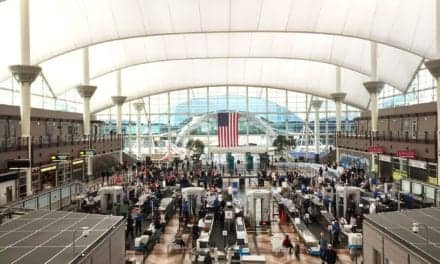The Radiological Society of North America (RSNA) has unveiled a new accolade: the RSNA Outstanding Community Impact Award. This award will honor individuals in radiological sciences who have significantly enhanced patient care and healthcare delivery through community service. The first award recipient will be announced at the RSNA 2024 annual meeting in Chicago.
“Promoting excellence in patient care and healthcare delivery is a key part of RSNA’s mission, and this award expands our ability to recognize outstanding colleagues in a variety of practice settings who are doing vital work in their communities,” says RSNA President Curtis P. Langlotz, MD, PhD.
Candidates will be identified through open nominations between March 18 and April 30. Nominees must be members of RSNA or the American Association of Physicists in Medicine who have demonstrated measurable impact on the community through their leadership and advocacy in the field of radiology. Strong candidates may have a history of enhancing patient care, developing new initiatives, or creating partnerships that resulted in a sustainable impact on the community. Eligible nominees will demonstrate a commitment to RSNA’s mission and values.
“We recognized that our current award structure highlights achievements traditional to academic medicine, such as publications, research and teaching,” says RSNA Board Liaison for Quality and Diversity, Equity, and Inclusion Jinel Scott, MD. “This award will honor individuals who have made significant impact in their communities, laying the foundation for people and communities to flourish.”
The Outstanding Community Impact Award Committee will review candidates and make recommendations to the RSNA Board of Directors, and the board will select the final honoree.
The award will be presented at the Society’s 110th Scientific Assembly and Annual Meeting (RSNA 2024) to be held at McCormick Place Chicago, which will take place from December 1-5.
To learn more and submit a nomination, visit RSNA.org/About/Distinguished-Award-Recipients.






